You can listen here to my extraordinary conversation with Ernst Titovets, a scientist who was close friends with Lee Harvey Oswald from September 1960 to November 1963. When these two young men met long ago, they shared ambitions to make something of themselves. Titovets was an aspiring medical student who spoke rudimentary English. Oswald was an ex-Marine living in a foreign county who sought to forge a new life.
Titovets first told the story in his 2010 book “Oswald Russian Episode,” which got little media attention in the United States. He offered no theory of the assassination to flatter conspiracy theorists. Defenders of the official theory of Oswald’s guilt mostly ignored his account. Nonetheless, Titovets is that rarest of people: a living witness to the history of JFK’s assassination.
Here are some highlights of our conversation.
First Impressions of Oswald
They met at the flat of mutual friends, a Spanish speaking couple named Ziger whose daughters were friendly with Oswald.
“During that first meeting he had the possibility to learn a lot about me,” Titovets said (4:44). “…. At the end of the party, he suggested we go together. … He showed me where he lived and when we were about to part… I wanted to suggest my apology to him… I had asked him a lot of questions during that night, questions about how to pronounce this and that, and I wanted to thank him…. I tried to think of some nice phrase to thank him and nothing came to mind. At that time I was not that experienced with common English phrases. I said “I shall expose you,” when I meant, “I have been exploiting you.”
“There was a sudden change in his attitude,” Titovets recalled. “There was a torrent of words and I thought with dismay I had lost my sparring partner. I was, well, in shock.”
He realized that Oswald had gone through an ordeal when he arrived in Moscow and told Soviet officials he wanted to live in the Soviet Union. His request had gone up to the Politiburo, the highest level of the communist government. Oswald knew the Soviet intelligence service, the KGB, was paying close attention to his every move. Titovets understood that Oswald had good reason to protect his “inner” self against being exposed.
As Oswald erupted, Titovets feared he had lost his new-found English-speaking friend. But no.
“Lee must have realized my situation,” Titovets went on, “and suddenly he calmed down, and I think he felt sort of sorry for his outburst. He said, ‘OK I’ll see you to you to your bus stop.’ On the way he suggested, ‘Let’s get together. Come over to my place.’”
The exchange, Titovets said, was “interesting from a psychological point of view” because “it revealed something of Oswald’s character,” namely that “he was reasonable person.”
“He wasn’t carried away with his emotions,” Titovets explained. “Another person would say ‘Go jump. I don’t want to have anything to do with you.’ But in this situation, he looked at my face, at my dismay, and he realized I didn’t mean that….. The moment he understood correctly … he was a changed man.”
Oswald and Titovets began a friendship that would continue for three years and two months until Oswald was died a violent death in Dallas, Texas, some 5,500 miles away from Minsk.
Oswald defended capitalism
“It was at his place that we started to compare political societies,” Titovets says (10:05). At one point, they had “a rather hot exchange.” Titovets says he was the stubborn committed Soviet socialist who thought "we were the best of all.”
He said Oswald—often portrayed as a fanatical communist—defended the American capitalist system in their exchanges. “You live here like slaves,” Oswald told Titovets, emphasizing his southern pronunciation, “Suh-laves.” Oswald added, “You can’t go abroad.”
Even though Titovets was free to travel in the vast Soviet Union from Latvia in western Europe, to Siberia, six time zones away, he privately had to concede the point. “He was right,” he said.
Oswald on life under communism
Titovets recalls that when Oswald first came to the Soviet Union in October 1959 he felt at home (22:45). He said, “I knew that I belonged.’ … When he left the country [in May 1962], his impression was communists [caused] a lot of evil, starvation of people, that sort of thing.”
Oswald and Fair Play for Cuba Committee
While in Minsk, Oswald met and married Marina Prusakova. When he tired of the regimented life in the Soviet Union, he and Marina and their first-born child moved to the United States in June 1962. He and Titovets stayed in touch via letters.
The Oswalds settled in Fort Worth Texas. When Lee could not find steady work, the Oswald moved to New Orleans where Lee had lived as a teenager. In May 1963. Oswald became involved with an American organization called the Fair Play for Cuba Committee, which defended Fidel Castro’s new left-wing government in Cuba from U.S. aggression. The FPCC, as it was known, had chapters in two dozen American cities. The group mounted public demonstrations and letter writing campaigns in opposition to U.S. policy of overthrowing Castro’s government.
Oswald’s advocacy on behalf of the FPCC led to a series of confrontations with local anti-Castro exiles on the street and on the radio (24:43). These Cubans were affiliated with the Cuban Student Directorate, a CIA-funded group. In these clashes, Oswald proved himself “an experienced agitator,” Titovets said. “A very good speaker…. a promising political activist.
Oswald and Non-Violence
More than most JFK authors, TItovets pays close attention to Oswald’s political writings which he found original, though not particularly Marxist. “The idea of non-violence penetrated all of his teaching,” Titovets said (28:03).
The Oswalds wanted to return to the Soviet Union
In 1963 Marina wrote plaintively to Titovets about what she had lost by moving to the United States, a country where she didn’t speak the language and her husband was often unemployed (33:07). Oswald told Titovets they would meet again in Leningrad. Oswald made arrangements for he and Marina to moved back to the Soviet Union, together or separately.
On Kennedy’s assassination
Titovets was in Moscow pursuing biochemical research when he heard the news that President Kennedy had been assassinated in Dallas. He told me he mostly felt sorry for Kennedy. America, he thought, “had a history of doing away with their presidents.”
On Oswald’s arrest
“That was a shocking experience to me…. I felt for him…. I didn’t believe and I never believed that he did kill President Kennedy. It’s absolutely impossible for him to do that.”
On Oswald’s assassination.
When Oswald was brought out before TV cameras two days later, Titovets saw a man step out of the crowd and fire a single shot into Oswald’s stomach. “They showed it on TV even in our country,” he said of Jack Ruby’s murder of his friend. He likened the experience to getting murdered himself. “I felt sorry for him, really sorry him.” (37:18)
‘Absolutely out of his character’
Titovets said that his own friendship and interviews with people who knew him convinced him that Oswald did NOT shoot President Kennedy (44:01). That would have been “absolutely out of his character,” he said.
‘Oswald was selected’
When I asked Titovets to speculate on what did happen on November 22, 1963, he replied, “The plot came from people who had means and way to cover that… it was top people. They didn’t like his politics. They didn’t like his new way of dealing with Soviet Union, his approach to the Vietnam war. There were many reasons to remove the president.”
“It would have shocked the American people to learn the real truth,” he went on. “Oswald was selected as a very convenient person for that… For the man in the street that was enough…. What do you expect from a crazy person?”
Titovets said he finds the official attitude about Oswald’s sole guilt to be ‘absolutely discouraging,” Oswald “was not guilty at all on his personal level,” he insisted. “I’m waiting for the time when he is officially rehabilitated.”

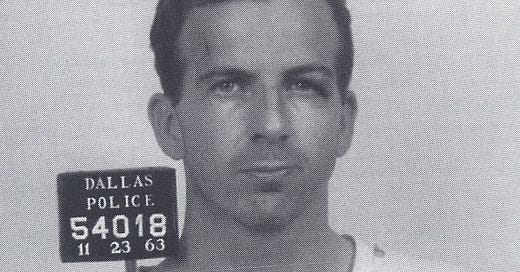


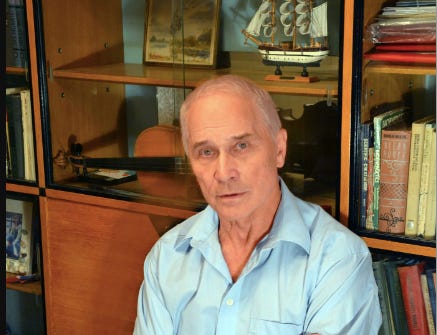
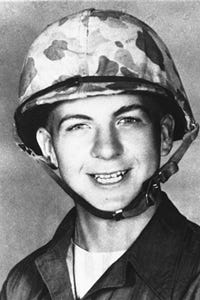
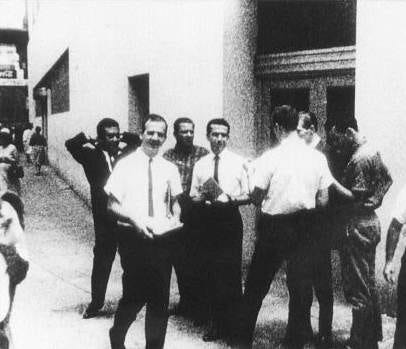
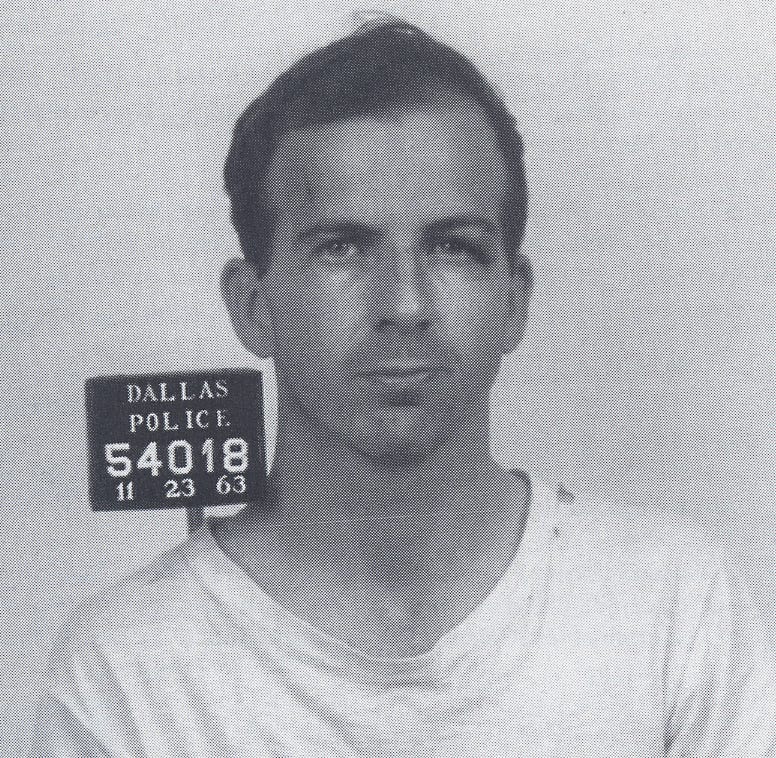



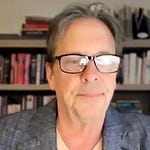
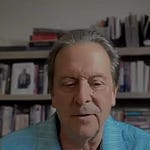
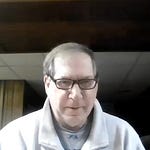
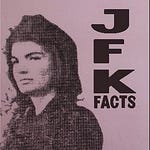
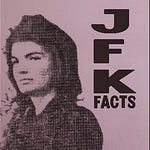
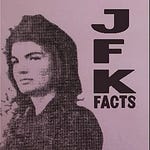
Share this post